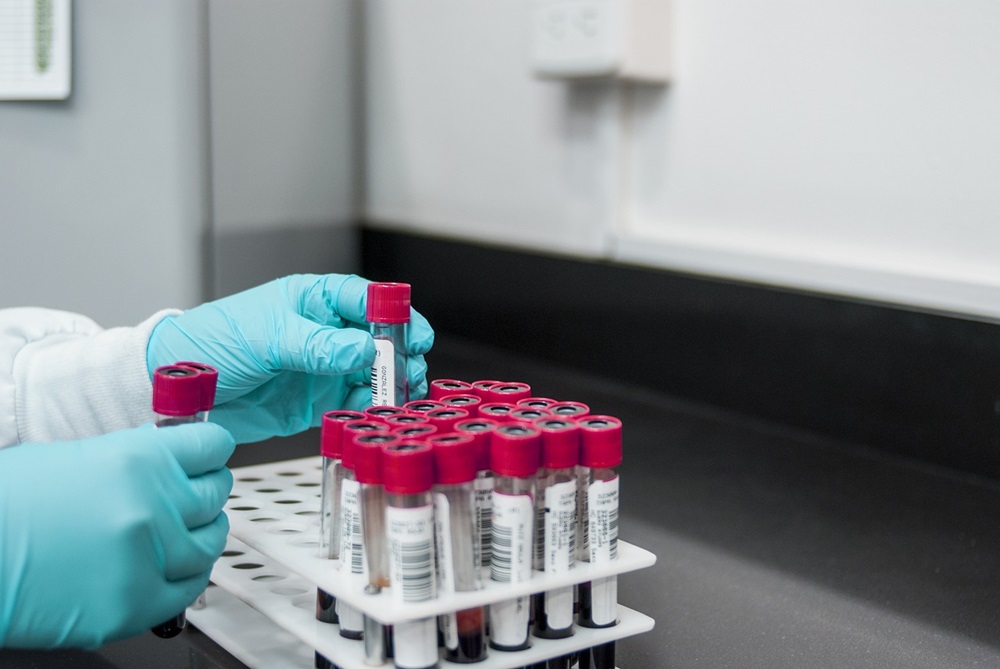What You Need to Know About Blood Testing
In the world of modern healthcare, blood testing is a crucial tool that provides valuable insights into our well-being. With the advent of online lab testing, the way individuals access and understand their blood test results has undergone a transformative shift. This article explores the essentials of blood testing, delving into its significance, the procedure, result interpretation, and the impact of online lab testing.
Basics of Blood Testing
Understanding the significance of blood testing begins with grasping the basics of blood composition. Blood consists of red and white blood cells, platelets, plasma, and serum. Different types of blood tests offer diverse information about these components.
Common Blood Test Types:
Complete Blood Count (CBC): This test measures the quantity and quality of red and white blood cells, providing insights into overall health and detecting various disorders.
Blood Chemistry Tests: These tests analyze levels of essential chemicals in the blood, such as glucose, cholesterol, and electrolytes, aiding in the diagnosis of conditions like diabetes and cardiovascular issues.
Blood Clotting Tests: Evaluating the blood's ability to clot is crucial for assessing the risk of bleeding disorders or clotting conditions.
Blood Typing: Determining blood type is vital for transfusions, organ transplants, and pregnancy.
Why Blood Testing is Conducted
Blood testing serves diverse purposes in healthcare:
Disease Diagnosis:
Diabetes: Blood tests, especially measuring glucose levels, are integral in diagnosing and managing diabetes.
Anemia: CBC helps identify low red blood cell count, a key indicator of anemia.
Cardiovascular Conditions: Lipid profiles and cardiac markers in blood chemistry tests assist in assessing heart health.
Monitoring Health Conditions:
Chronic Diseases: Individuals with chronic conditions like hypertension or kidney disease undergo regular blood tests to monitor their health status.
Medication Management: Blood testing helps gauge the effectiveness and potential side effects of medications.
Screening for Health Risks:
Cholesterol Levels: Monitoring cholesterol levels aids in assessing the risk of heart disease.
Cancer Markers: Some blood tests help identify markers associated with certain cancers, contributing to early detection.
Blood Test Procedure
Preparing for a blood test is crucial for accurate results. This may involve fasting for a specified period and considering any medication restrictions. The actual blood draw, performed through a standard phlebotomy procedure, is relatively quick and minimally invasive. The drawn blood is then sent to a laboratory for analysis.
The Role of Online Lab Testing:
The emergence of online lab testing has streamlined the blood testing process. Individuals can now conveniently schedule blood tests online, visit a local lab for sample collection, and access their results electronically. This eliminates the need for multiple visits to healthcare facilities and expedites the entire testing process.
Interpreting Blood Test Results
Understanding blood test results involves interpreting values within reference ranges. Deviations from these ranges may indicate potential health issues. It is imperative to consult with healthcare providers for a comprehensive understanding of results and appropriate follow-up actions.
Advances in Blood Testing Technology:
The landscape of blood testing is evolving with technological advancements:
Point-of-Care Testing: Portable devices enable real-time testing, providing immediate results for certain parameters, enhancing patient care.
Molecular and Genetic Testing: These innovative approaches offer deeper insights into genetic predispositions and potential risks for specific conditions.
Future Trends in Blood Testing: Ongoing research explores the integration of artificial intelligence and wearable devices for continuous health monitoring, heralding a new era in personalized medicine.
Benefits and Limitations of Blood Testing
Understanding the advantages and limitations of blood testing is crucial:
Advantages:
Early Detection and Prevention: Blood tests contribute to early detection of diseases, allowing for timely intervention and preventive measures.
Comprehensive Health Assessment: Blood testing provides a comprehensive overview of various aspects of health, aiding in holistic healthcare management.
Limitations:
Potential for False Positives/Negatives: Interpretation errors or variations in individual factors can lead to false positives or negatives, necessitating cautious consideration.
Balancing Risks and Benefits: While blood testing is a valuable diagnostic tool, unnecessary tests may pose risks, including financial burdens and psychological stress.
Patient Empowerment
Empowering individuals to take an active role in their health is a key aspect of blood testing:
Regular Check-ups: Regular blood tests as part of routine check-ups contribute to proactive health management.
Communication with Healthcare Providers: Open communication with healthcare providers ensures a clear understanding of test results and facilitates informed decision-making.
Advocacy for Personal Health Monitoring: Online lab testing enables individuals to advocate for their health by easily accessing and tracking their results.
Conclusion
In conclusion, blood testing is a cornerstone of modern healthcare, offering a wealth of information critical for disease diagnosis, monitoring, and preventive care. The integration of online lab testing further enhances accessibility and convenience, empowering individuals to prioritize their health proactively.
As we navigate this era of transformative healthcare technologies, understanding what blood testing entails and leveraging the benefits of online lab testing becomes essential. It's not just about diagnosing illnesses; it's about fostering a culture of health consciousness, early intervention, and personalized well-being. Blood testing, in conjunction with evolving technologies, propels us toward a future where healthcare is not just reactive but deeply personalized, proactive, and empowering.












